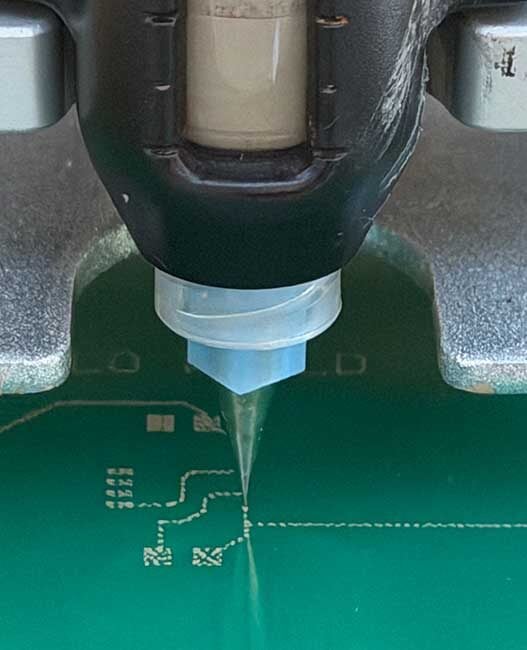This venture is a significant step towards reducing the carbon footprint of the maritime industry, which currently accounts for approximately 2.1% of global CO2 emissions, primarily attributed to its heavy reliance on fossil fuels, extensive fuel consumption, and vast voyage distances.
Decarbonising the maritime industry is an ambitious endeavour, necessitating concerted efforts by engineers, industry stakeholders, and users alike to propel it towards a more sustainable future. The urgency of this mission is underscored by the International Maritime Organization’s (IMO) commitment in July 2023 to achieve a minimum 20% reduction in shipping emissions by 2030, with aspirations for at least a 70% reduction by 2040.
The WindWings initiative arrives at a pivotal juncture for maritime industries, offering a promising solution to the global challenge of reducing emissions across sectors. Cargill, in a bid to tackle this global challenge, has underwritten a portion of the project’s risk and spearheaded the design of these innovative sails, thus playing a leading role in steering the shipping industry towards a more sustainable future.
Collaboration has been the key to making this project a reality. Various companies, including BAR Technologies (BARTech), a UK firm stemming from Sir Ben Ainslie’s 2017 America’s Cup team, which is often referred to as the ‘Formula One of the seas,’ have joined forces to change the face of maritime transport.
In a Cargill YouTube video, John Cooper, CEO of BAR Technologies, recounted their partnership’s genesis: “Cargill phoned us and said, ‘Could you invent a wind propulsion system for us. A system that we could put on our vessels and decarbonise the deliveries of food around the globe?” Cooper and the BARTech team embraced this challenge, and by merging Cargill’s significant understanding of the maritime industry with BARTech’s technological acumen they created a system capable of transforming not only the Pyxis Ocean but potentially entire fleets within the maritime sector.
Originally granted an Approval In Principle (AIP) in 2021, BARTech and industrialisation partner Yara Marine Technologies have diligently advanced the concept through the rigorous stages of DNV certification.
The WindWings system, constructed from a steel and glass composite, represents a pioneering design never before executed at this scale.
The sails comprise of three interconnected elements:
- Each sail is 35.5 metres tall (123ft)
- The middle is 10 metres wide
- The front and rear elements are both 5 metres wide
These sails work in unison, each featuring a central pivot, allowing them to be folded when the ship enters port and unfurled once it ventures into open waters. The system’s rotation capability enables it to adapt to varying wind directions and speeds, harnessing wind power alongside conventional engine propulsion.
According to the manufacturers, the WindWings system delivers substantial fuel savings, amounting to 1.5 tonnes per day, per wing, translating into a remarkable reduction of 4.65 tonnes of CO2 emissions every day. Over the ship’s operational lifetime, this equates to an impressive 30% reduction in emissions, marking a significant stride towards a greener and more sustainable maritime industry.
















